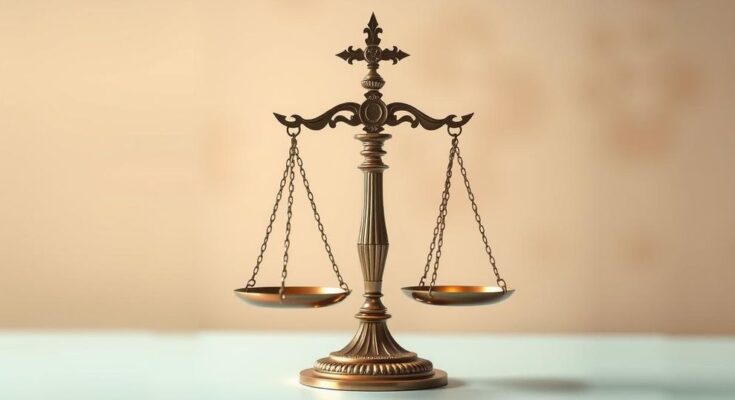In Tunisia, authorities have intensified their crackdown on LGBTI individuals, leading to the arrest of at least 84 people between September 26, 2024, and January 31, 2025. This wave of arrests primarily targeted gay men and transgender women across cities like Tunis and Sousse, raising concerns about human rights violations. According to the Damj Association for Justice and Equality, these detentions were based solely on perceived sexual orientation or gender identity.
Diana Eltahawy from Amnesty International expressed alarm over this surge, calling for the unconditional release of those arrested and highlighting the need for protective measures for LGBTI rights. Interviews with activists and lawyers revealed troubling practices, including the use of unlawfully seized digital evidence to prosecute individuals, often exploiting ingrained gender stereotypes.
The crackdown followed a significant online campaign that disseminated homophobic rhetoric, spurred by traditional media and social media platforms that amplified calls for action against LGBTI organizations. Many activists believe the actual number of arrests exceeds documented figures due to the community’s fear and privacy concerns.
The arrests are often based on vague charges of indecency and morality under Tunisia’s Penal Code. Articles 230 and 226 criminalize consensual same-sex relations, allowing authorities broad interpretation to prosecute individuals. Legal ambiguities enable arbitrary arrests, targeting those whose appearances or behavior do not conform to societal norms, further exacerbating a climate of fear.
In December 2024, as tensions escalated, an oppressive statement from the justice ministry condemned the use of social media for spreading ideas contrary to public morals, igniting further crackdowns. This led to significant arrests, including content creators accused of undermining moral values for their online expressions.
Men suspected of same-sex relations often endure forced anal examinations, deemed by Amnesty as a form of torture. These invasive procedures are used as alleged proof of sexual activity, exemplifying the cruel treatment faced by the LGBTI community under such legislation.
Harassment against LGBTI activists is also on the rise, marked by police interrogation of prominent figures in the community. Trans activist Mira Ben Salah, facing multiple inquiries related to her advocacy, has filed complaints against police harassment but claims her concerns are disregarded. This reflects a broader trend of state repression against those advocating for LGBTI rights in Tunisia, indicating a grim outlook for human rights in the region.
Authorities in Tunisia have increased their crackdown on LGBTI individuals, arresting at least 84 people from September 2024 to January 2025. This surge is tied to a hostile online campaign against LGBTI rights, which has been exacerbated by vague legal definitions of morality. Amnesty International condemns these actions as human rights abuses, demanding the release of those unjustly detained and an end to forced examinations viewed as torture. Activist harassment continues unabated, reflecting a troubling climate for LGBTI rights in the country.
The intensified repression of LGBTI individuals in Tunisia has sparked widespread concern from human rights organizations. With numerous arrests based on sexual orientation and vague moral laws, activists face a severe backlash amid rising societal discrimination. Immediate international attention and advocacy are essential to safeguard the rights of LGBTI individuals, ensuring their protection against harassment, imprisonment, and torture by state authorities.
Original Source: www.amnesty.org



